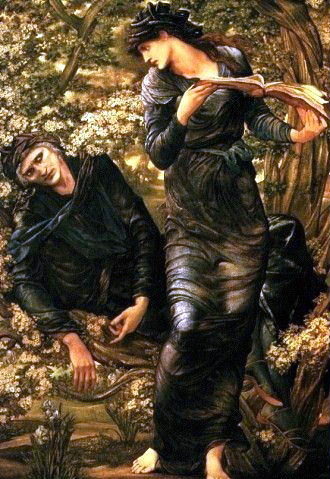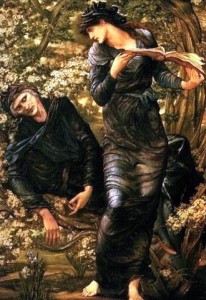 Fall is here! The mornings are actually cold, even here in Georgia, and pumpkins are everywhere. The leaves are turning beautiful colors. Maggie and I went on a hike in the nearby nature trails with her Girl Scout troop today. The weather was gorgeous. Yesterday, we walked across the street to the Taste of Roswell Festival, and we tried all sorts of delicious food from local restaurants. I love living in an area with so much fun stuff going on and so much history, too. Or, I should say, in comparison to other places I’ve lived. Most of our local history is Civil War history, but it’s quite interesting.
Fall is here! The mornings are actually cold, even here in Georgia, and pumpkins are everywhere. The leaves are turning beautiful colors. Maggie and I went on a hike in the nearby nature trails with her Girl Scout troop today. The weather was gorgeous. Yesterday, we walked across the street to the Taste of Roswell Festival, and we tried all sorts of delicious food from local restaurants. I love living in an area with so much fun stuff going on and so much history, too. Or, I should say, in comparison to other places I’ve lived. Most of our local history is Civil War history, but it’s quite interesting.
Speaking of history, I’m reading Thomas Cahill’s book How the Irish Saved Civilization. It’s been such a pleasure to read so far. He discusses the Irish epic Táin Bó Cúailnge or The Cattle Raid of Cooley, which I read in a Celtic literature course I took in college. That class was the single most interesting and influential of all the English classes I ever took. It was fascinating. I must have learned a lot that I didn’t even remember I’d learned, too, because as I read Cahill’s book and he was discussing the two groups of Celtic languages, he mentions that one was Brythonic, and in my mind, I said, “and the other was Goidelic.” Then I turned the page, and sure enough, I was right. I have no idea where I pulled that out of my memory, but I can only have learned it in that class. Most of the literature we read in that class was pre-Christian, although of course was written down later by Christian monks, so like Beowulf, some of it has Christian elements now, although not as much, surprisingly, as Beowulf does. We studied some of the early Welsh stories, including Arthurian romances, which is how I know that Monty Python and the Holy Grail is much more like the original stories of Arthur than some of the other movies that profess to take the subject matter seriously (First Knight, I’m looking at you). Anyway, it’s been a great review, and it has only convinced me that I must, must, must read the Táin again, and I also need to check out some of the other stories, like the Legend of Derdriu and the Welsh Mabinogion and romances. I’m at a point in the book at which Cahill is discussing St. Patrick, and he was a heck of a lot more fascinating than I even realized. I love Greek myth, but Cú Chulainn is cooler than Hercules. Just sayin’.
Today was a really Celtic day around here as I fired up Pandora and listened to a Celtic station. We discovered my husband can’t sit still when he hears Celtic music, which was funny, but what was funnier was how much Dylan enjoyed it! He was bopping his head and wiggling his butt in his chair. It was pretty cute. I think it’s true that anyone with a little bit of the blood of the Celt in him responds in some visceral way to Celtic music. I know I do, and so many others seem to as well. Incidentally, if you’re looking for some good Celtic music, check out Mychael and Jeff Danna. I don’t think you’ll be sorry. Their inspiration is ancient Irish myth, and I have two albums—the only two Celtic albums I think they’ve created—A Celtic Tale and A Celtic Romance.
I’m also still giving Wuthering Bites a skeptical go, but so far, it’s a little weird. I want to see what Gray makes of Catherine wanting to be let in to her old room and scaring the bejesus out of Lockwood. So, what do you think? Is it really Catherine’s spirit, or is it a dream? I am still trying to decide, but I lean toward the former. Lockwood was asleep, but I am not sure it was all part of his dream.
What have you been up to this weekend?


 Yet again, it seems that King Arthur has become inspiration for a new work. The BBC ran the series
Yet again, it seems that King Arthur has become inspiration for a new work. The BBC ran the series